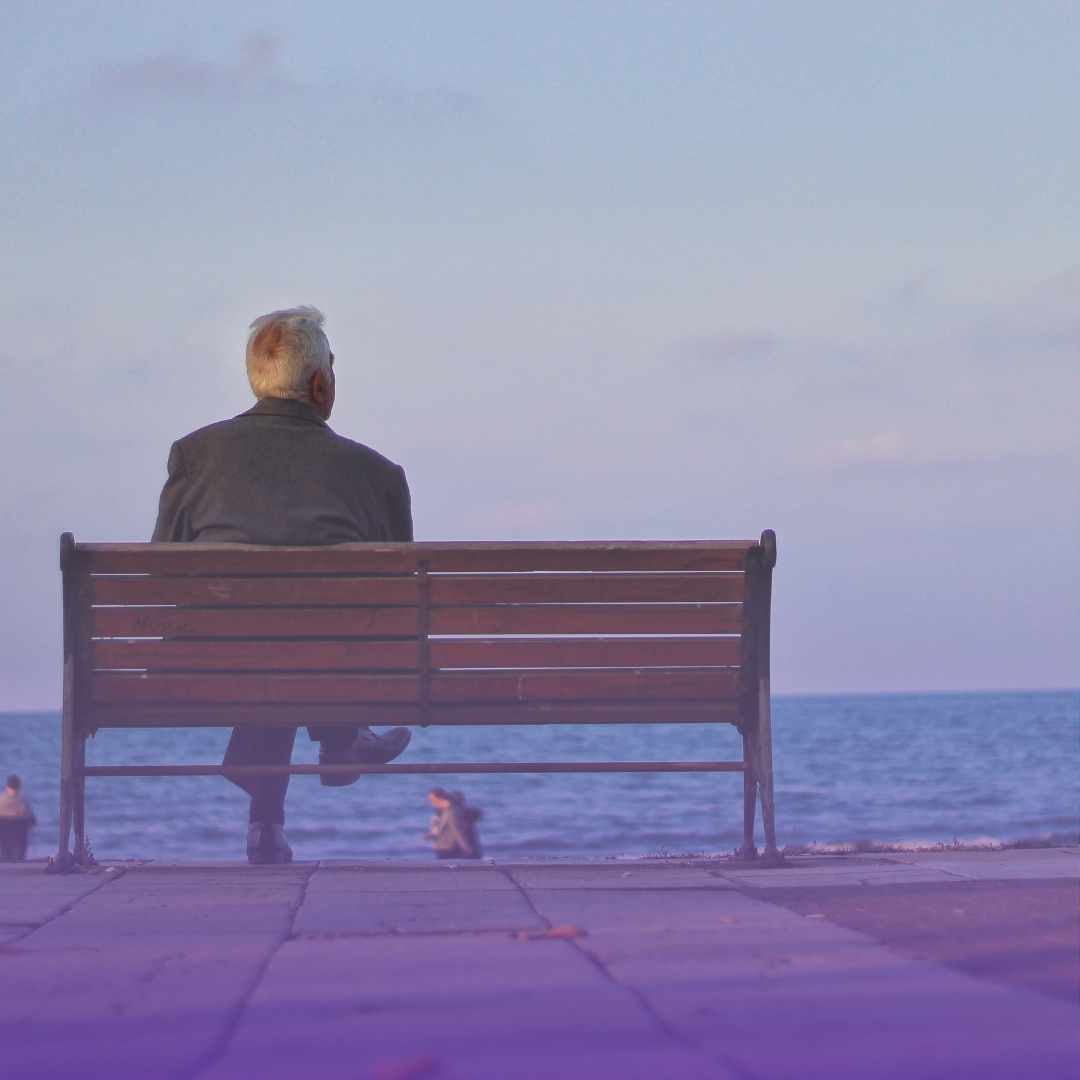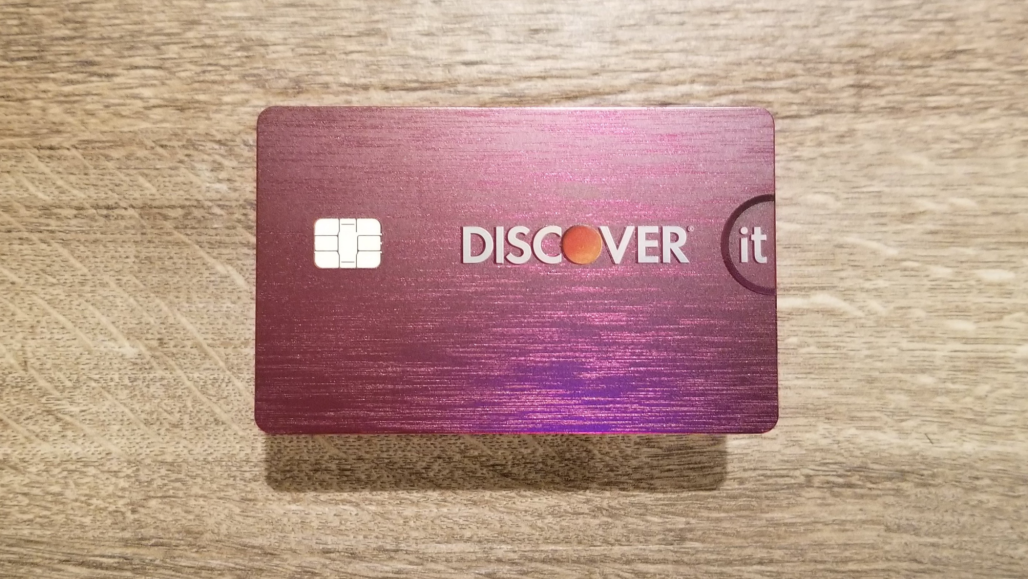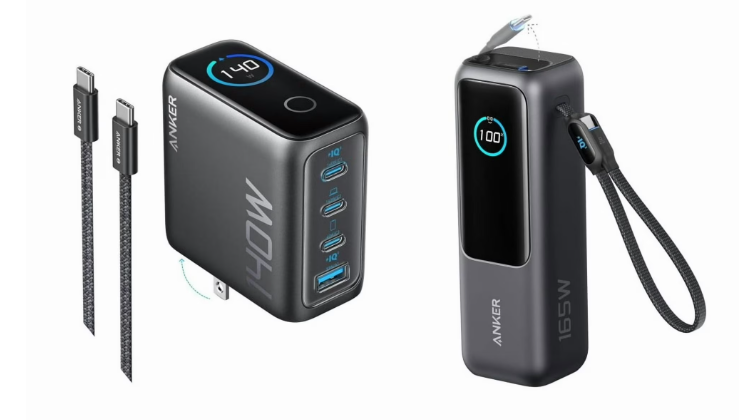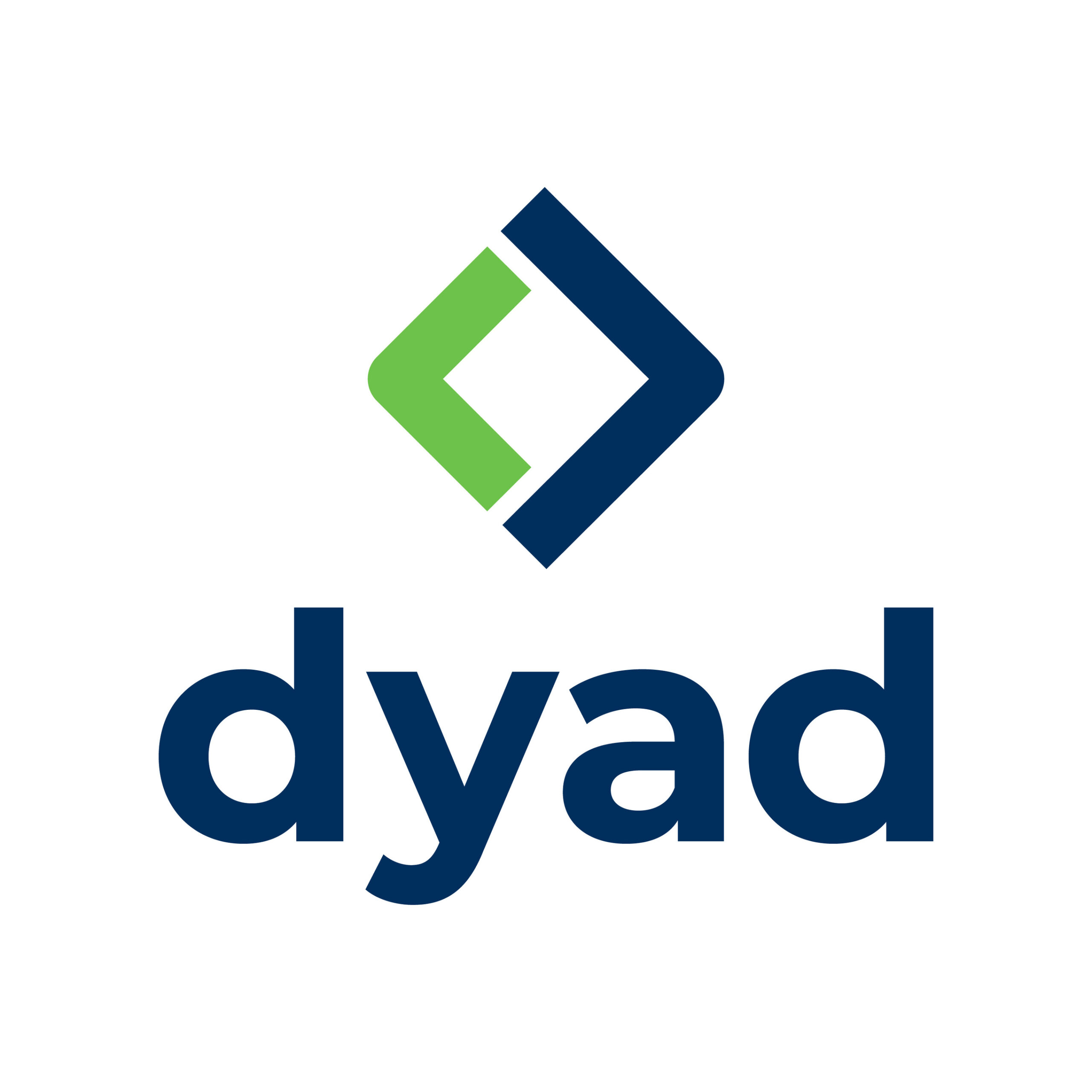When you think about your pension, you probably picture retirement, enjoying your savings when you finally clock out for good. But here’s something many people forget to ask: what actually happens to your pension when you die?
It’s not the most pleasant thought, but it’s an important one. Your private pension is often one of your most significant assets, and understanding how it will be treated can provide you with peace of mind and financial security for your family.
The answer depends on a few things: the type of pension you have, whether you die before or after retirement, and who you’ve nominated to receive the money. Let’s go through it step by step.
What Happens If You Die Before Retirement
This is the stage when you’re still paying into your pension, whether through your job or a personal plan.
Personal Pensions / PRSAs / Personal Retirement Bonds (PRBs)
If you have one of these private arrangements, the rules are straightforward:
- The full value of your pension pot is usually paid out.
- The money goes to your estate or to the people you’ve nominated.
- If it goes to your spouse or civil partner, it’s generally tax-free.
- If it goes to children, relatives, or others, inheritance tax may apply.
Example: Imagine you’ve built up €100,000 in a PRSA. If you die and your spouse is the designated beneficiary, they may inherit the entire fund tax-free. However, if you leave it to a sibling, they may be subject to inheritance tax, depending on the applicable thresholds.
Workplace/Occupational Pensions
If you’re in a company pension scheme, things work a little differently:
- A lump sum of up to four times your annual salary, plus your own contributions, can usually be paid out.
- If your fund is worth more than that, the extra may be used to provide a pension for your spouse or dependents.
- Employer contributions may not always be included if you die within the first two years of joining the scheme.
What Happens If You Die After Retirement
Once you retire, your pension turns into an income stream. What happens then depends on the option you chose.
If You Bought an Annuity
An annuity is a guaranteed income for life that you buy with your pension pot.
- With a single-life annuity, payments usually stop when you die.
- With a joint-life annuity, your spouse or dependant continues to receive a percentage of the income (often 50% or more).
- Some annuities have a “guarantee period” (e.g. 5 or 10 years). If you die during that time, payments continue to your beneficiaries until the period ends.
What is an annuity?
An annuity is a type of retirement product that you can purchase with your pension savings upon retirement. In simple terms, you hand over your pension pot to an insurance company, and in return, they give you a guaranteed income for the rest of your life.
If You Have an Approved Retirement Fund (ARF)
An ARF is different because it’s a flexible pot of money you keep invested in retirement. You can draw income from it, but the remaining balance is still yours. When you die:
- Your spouse or civil partner can usually inherit the ARF and keep it in their own name.
- Other beneficiaries (like children) may inherit it, but withdrawals could be taxed as income.
What is an Approved Retirement Fund (ARF)?
An Approved Retirement Fund (ARF) is a flexible way to manage your pension savings after you retire. Instead of using your whole pension pot to buy an annuity, you can transfer it into an ARF and keep the money invested.
With an ARF, you can:
- Withdraw income when you need it (subject to minimum annual withdrawals).
- Keep your money invested, allowing it to grow.
- Pass on the remaining fund to your spouse, children, or other beneficiaries when you die.
Publisher: Source link











